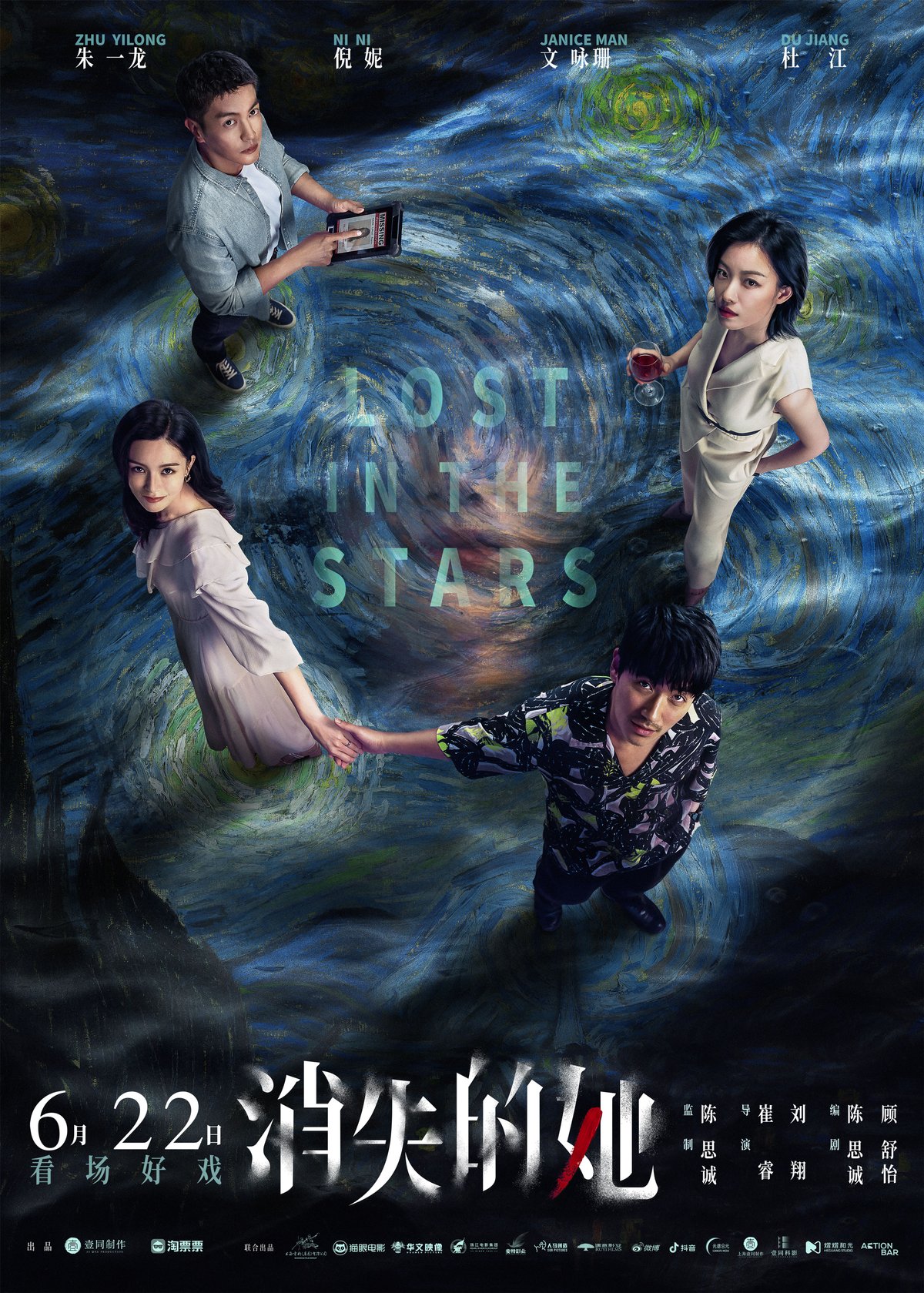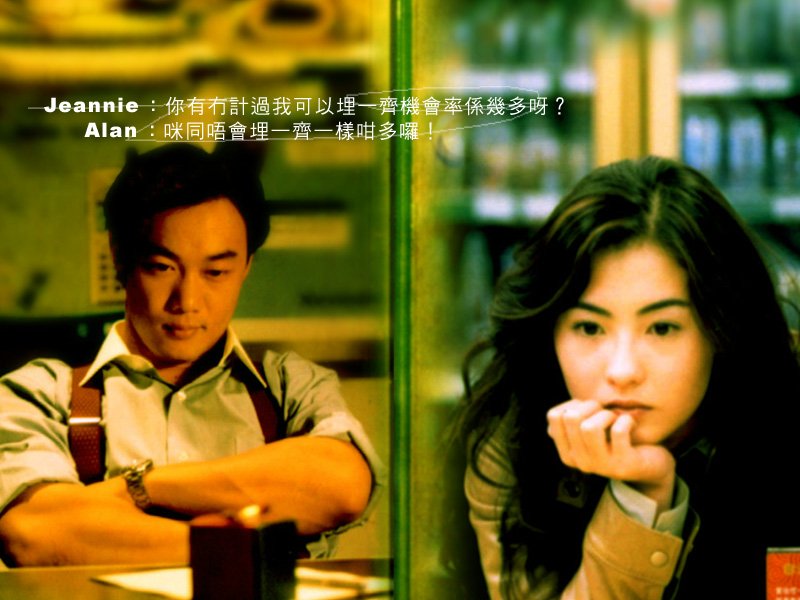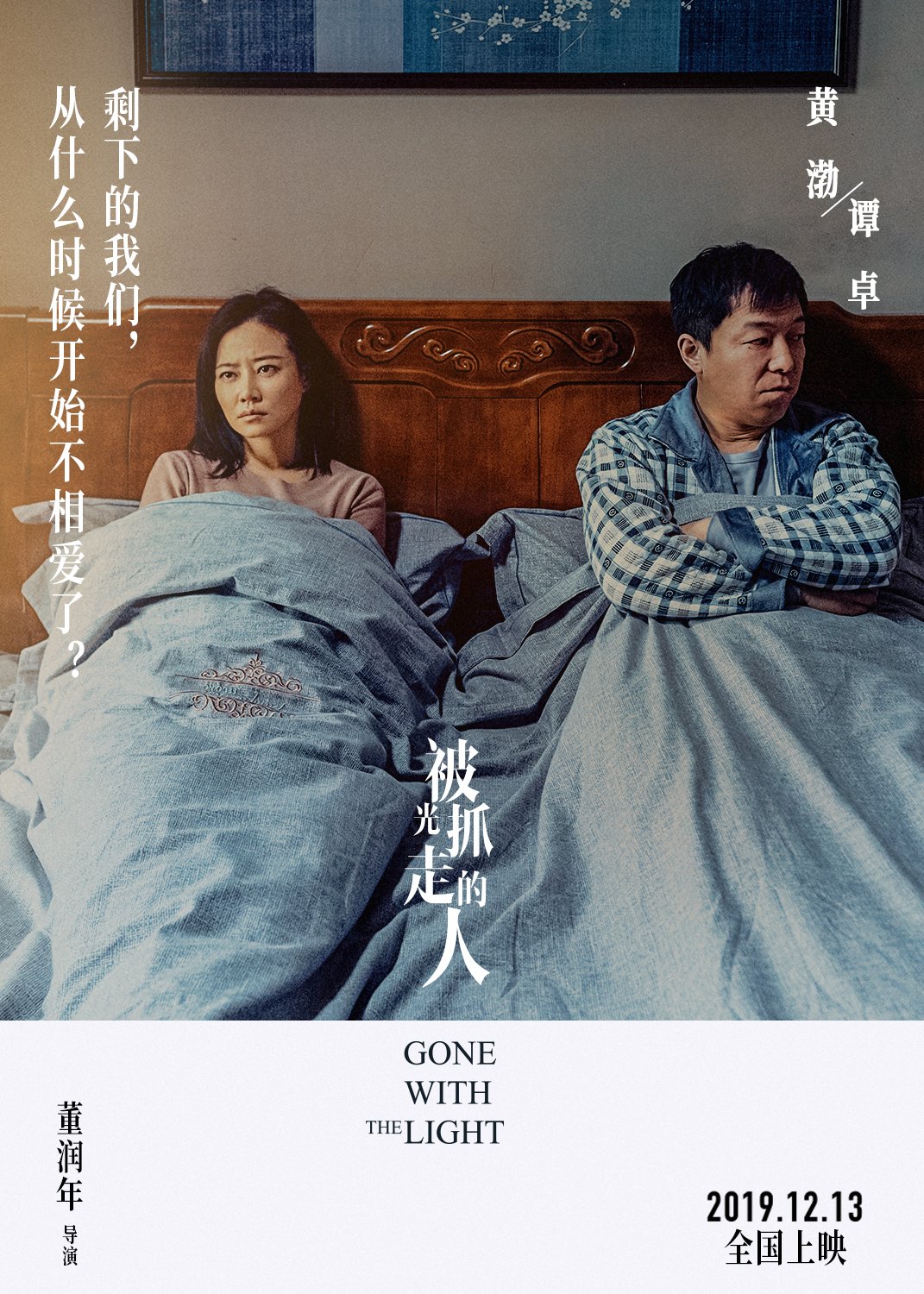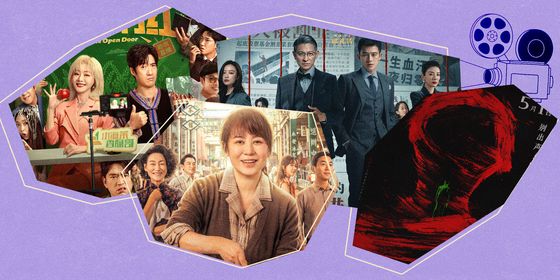What better time than Qixi, also known as Chinese Valentine’s Day, to burst the love bubble through these poignant unromantic movies
Qixi Festival, Valentine’s Day, Singles Day, Internet Valentine’s Day...the list of holidays dedicated to love in China seems to grow longer every few years. The Qixi Festival, which falls on the seventh day of the seventh lunar month (August 22 this year), is the one day of the year when, according to legend, the goddess Zhinü and farm boy Niulang can meet. The festival offers yet another yet another occasion for couples to celebrate, to the envy (or indifference) of many single people.
However, despite Qixi and all the other holidays dedicated to the celebration of love, the idea of being in a romantic relationship is losing traction among China’s younger generation. According to China’s Marriage and Household Report released in 2023 by YuWa Population Research, a non-profit organization specializing in population and public policy research, marriage rates in the country fell more than 50 percent from 2013 to 2022, while divorce rates more than tripled in the past two decades. Many factors have contributed to the waning interest in romance, such as increasing living costs and a more competitive job market.
Some young Chinese indulge their anti-relationship feelings through movies. They devour what netizens have dubbed “anti-romance films (爱情劝退电影)”; movies that cast relationships in an unforgiving light. Variations include “anti-marriage films ( 婚姻劝退电影)” which highlight the struggles of married life and help singles avoid feeling lonely on holidays dedicated to couples.
Here are three of Chinese netizens’ favorite anti-romance films to enjoy this Qixi Festival:
Lost in the Stars 《消失的她》
He Fei’s (Zhu Yilong) wife Li Muzi (Huang Ziqi) goes missing during their wedding anniversary trip to Southeast Asia. When Li finally turns up at the hotel days later, He insists that the woman is an imposter, even though she can prove her identity with her ID card, passport, and their photos together. The clueless husband, a former diving instructor, turns to a renowned local lawyer Chen Mai (Ni Ni) for help, claiming the real Li has been abducted by a local human trafficking organization.
However, as the movie goes on, it is revealed that the seemingly loving husband is actually a hypocritical and selfish gambler who courted and married Li for her money. Chen, who turns out to be one of Li’s best friends, finds out that He murdered Li by locking her in a cage in the ocean.
The mystery drama, adapted from the 1990 Russian film A Trap for the Lonely Man, also takes inspiration from the real-life high-profile case of Chinese businesswoman Wang Nuannuan. In 2019, Wang’s husband, Yu Xiaodong, pushed her off a cliff in Thailand as part of a scheme to claim insurance money and settle his gambling debts amounting to millions of yuan.
The twist-filled movie has grossed over 3.5 billion yuan since its release on June 22 this year. It has also sparked heated discussions online about the price of blind love. On movie review platform Douban, some traumatized viewers left comments expressing their fear: “Now I’m afraid to be in a relationship,” “I don’t want to sleep with my husband tonight,” and “Having the love brain will kill you.”
Twelve Nights 《十二夜》
Alan (Eason Chan) expected a regular party when his girlfriend Clara (Candy Lo) drags him to her friend Jeannie’s (Cecilia Cheung) birthday gathering—instead he falls in love and sets off on an emotional rollercoaster in this romance drama.
Airline stewardess Jeannie has just found out that her boyfriend is cheating on her. Upon Clara’s request, Alan escorts Jeannie home and pretends to be her new lover when she breaks up with her unfaithful boyfriend. But despite only meeting for the second time, Jeannie and Alan find themselves falling in love with each other, an outcome that Jeannie attributes to destiny, and soon agree to be together.
However, Alan’s initial enthusiasm for the relationship quickly wanes as he becomes overwhelmed by the escalating need for attention from Jeannie, who reveals herself to be quite different from the strong and confident woman he had initially met. Jeannie fights hard for the relationship and finally convinces Alan to move to Hawaii with her. However, that turns out to be the moment Jeannie realizes she’s no longer in love with Alan. The couple finally breaks up and they go their separate ways to find new love.
Centered on twelve nights over a period of months that detail the beginning, development, and ending of a relationship, this Hong Kong film has been dubbed a “disaster romance film (爱情灾难片)” or even a “thriller” for showcasing harsh truths about falling in and out of love. Classic lines from the 2000 film such as “Love is like a sickness: the sooner you get over it, the better,” and “Only people in love believe they were destined to meet” are often cited by movie lovers (and singles).
Gone With the Light 《被光抓走的人》
After a mysterious white light sweeps across various Chinese cities, a significant number of people vanish. Piecing together the clues, those left behind suspect that people have vanished in pairs—those who truly love each other are taken by the light.
This puts Wu Wenxue (Huang Bo), a teacher, and his wife Zhang Yan (Tan Zhuo) in an awkward situation—neither of them have disappeared. Married for almost 18 years, Wu and Zhang are a model couple in the eyes of others. Now they’re beginning to question the life they’ve built together. It’s a life centered around mundane daily routines, their moody teenage daughter, and Wu’s nosy mother. Wu believes his wife might be having an affair, while a young colleague confesses her love for him.
Meanwhile, another young woman is trying to find out who her husband has disappeared with. She turns to an unexpected ally for assistance: her husband’s mistress. Another young couple has also begun to question their love—the light struck just before their wedding, but they both remained. Finally, Kuaizi (Bai Ke), a young gangster, is forced to confront his sexuality and feelings for his childhood friend after he disappeared with the light.
Is the white light a test for true love? Under the guise of science fiction, the 2019 film tries to explore the complex nature of love and relationships in real life. But it may not be wise to put this movie on with a Qixi date tonight.

















